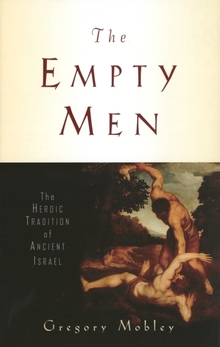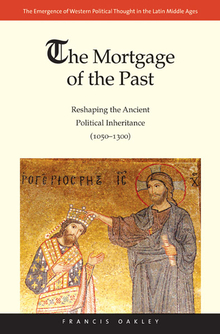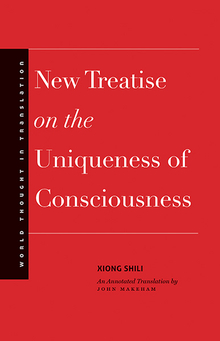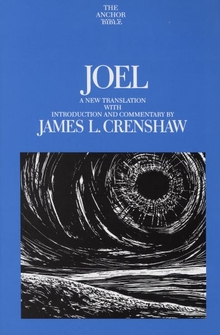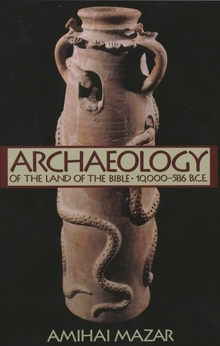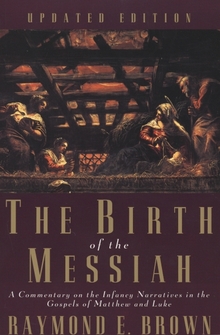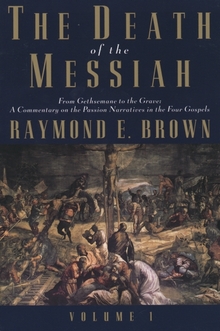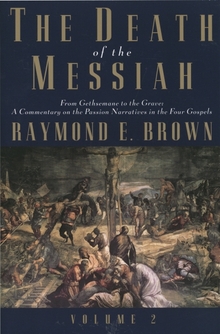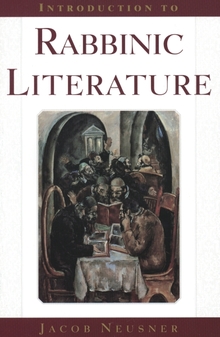Education in Ancient Israel
WARNING
You are viewing an older version of the Yalebooks website. Please visit out new website with more updated information and a better user experience: https://www.yalebooks.com
Across the Deadening Silence
James L. Crenshaw
In this groundbreaking new book, distinguished biblical scholar James L. Crenshaw investigates both the pragmatic hows and the philosophical whys of education in ancient Israel and its surroundings. Asking questions as basic as "Who were the teachers and students and from what segment of Israelite society did they come?" and "How did instructors interest young people in the things they had to say?" Crenshaw explores the institutions and practices of education in ancient Israel. The results are often surprising and more complicated than one would expect.
Education, for the people who lived in the biblical world, was more than a simple matter of memorizing information and taking tests. It was a search for the hidden plan and presence of God. Knowledge was gained, according to biblical texts such as Ecclesiastes and Proverbs, not only by means of patient observation and listening, but through communication with Wisdom, the feminine incarnation of the Divine. Drawing upon a broad range of ancient sources, Crenshaw examines this religious dimension of education in ancient Israel, demonstrating how the practice of teaching and learning was transformed into the supreme act of worship.
James L. Crenshaw is the Robert L. Flowers Professor of Old Testament at Duke University and has received numerous fellowships, grants, and awards for his scholarship. Among his many crucial contributions to the field of Old Testament studies are Old Testament Wisdom, commentaries on Ecclesiastes and Sirach, and the Anchor Bible Commentary Joel. He lives in Durham, North Carolina.
Publication Date: September 15, 1998



